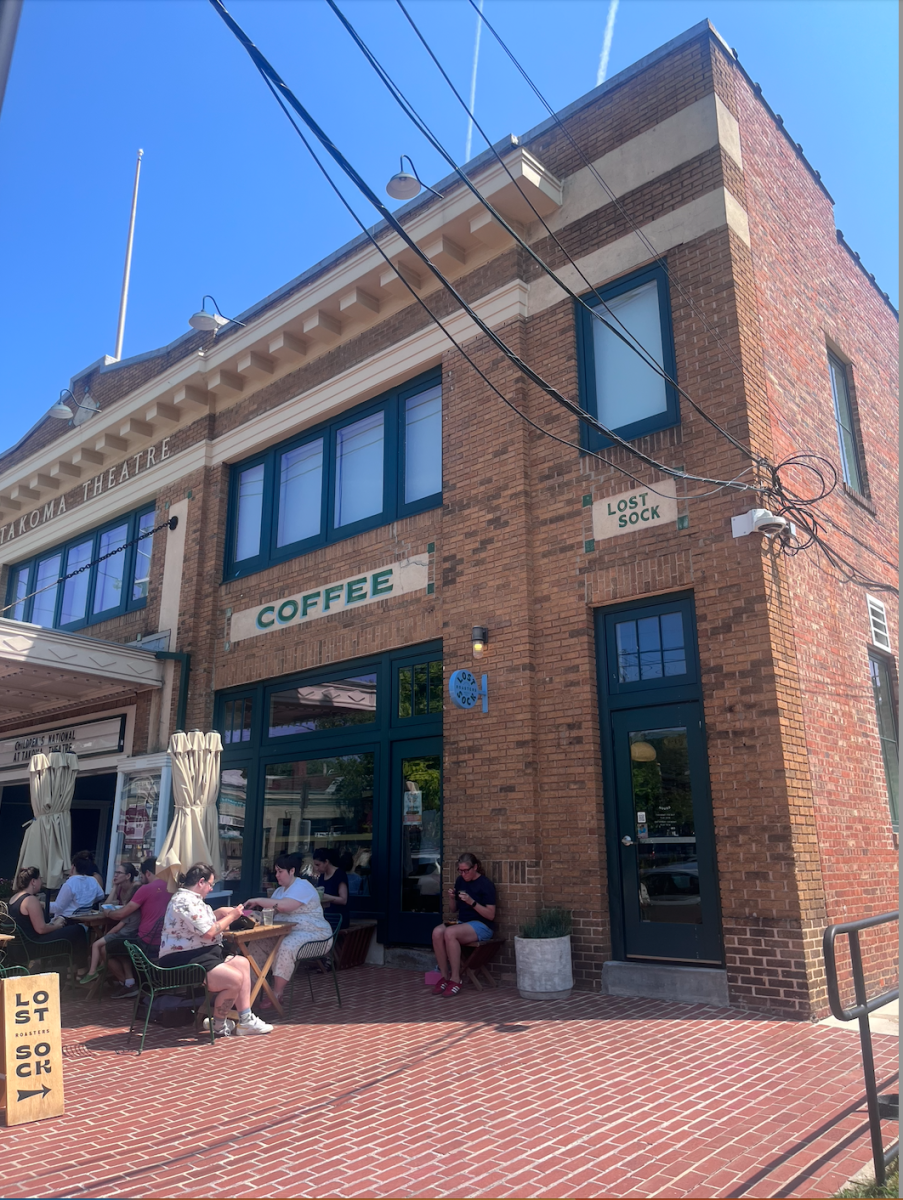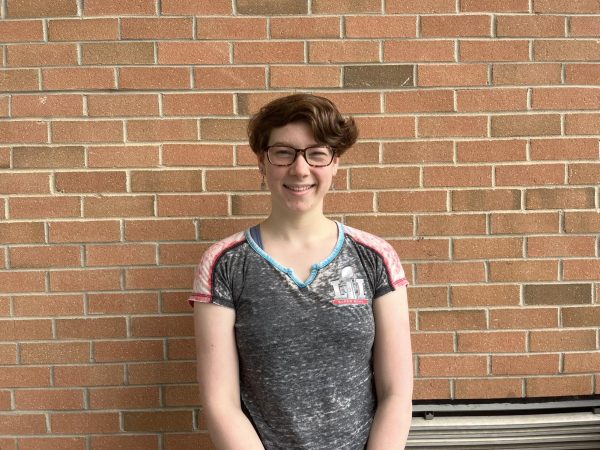Lost Sock Roasters, a “small batch artisanal coffee roaster” in Washington which opened in early February of 2021, has gained immediate popularity and recognition by a variety of local magazines and organizations.
Located in Takoma Park, the coffee shop is welcoming and bright, with soft lighting and leafy green plants that bring further life to the space. The warm-coloured wood, large windows and abundance of plants give a sense of life to the space. The simple design of the menu board makes it easier for customers to see their options and pick their drinks.
In an interview with Daily Coffee News, Co-Founder Nico Cabrera said that “the building’s aesthetic and history is actually a large part of the reason we decided to open a cafe in the first place.” The shop’s co-owners had never planned on opening a physical, brick-and-mortar cafe, but according to an interview with food magazine Eater DC, “when their realtor showed them the space, they couldn’t pass it up.”
The space, a former theatre a century old, was first opened in 1923. It closed in the 1980s, but attempts to reopen it began in 2002 through the Takoma Theatre Park Project. According to the Rock Creek Property Group, however, the project was overall a failure, as the space was leased to the Children’s National Medical Center “for use as a state of the art pediatric facility for behavioral health and medicine, hearing, speech and autism.” Lost Sock Roasters is located within the same complex.
With 4.5 stars on Yelp, the coffee shop has received overwhelmingly positive reviews. Though multiple reviewers commented that there wasn’t much seating, one added that they would “spend all day in the Adirondack chairs outside if [they] could.” Commenters have also repeatedly complimented the shop’s Argentine-style empanadas, sourced from Cabrera’s own parents. According to “Eater,” the Cabreras used to run a South American restaurant in Pennsylvania, but switched to making empanadas after the pandemic.
According to the shop’s website, Lost Sock Roasters sources its coffee beans from all around the world, focusing on “roasting [the beans] to accentuate their inherent complexities” developed through the different climates of each region and the farming practices of each farmer. They “take into account origin, varietal, bean density, and processing when developing [their] roast profiles,” in order to “showcase the work of the farmer.”
For example, according to the cafe’s website, the coffee from the Guji region of Ethiopia, prepared by a natural process, has a fruity flavour, bringing to mind “strawberry, rose, and cream.” Beans from Turrialba, Costa Rica, prepared by a washing process, have “notes of toasted nuts and milk chocolate.” Beans from different farms in one area can have dramatically different flavors. This can be seen in the cafe’s beans sourced from Guatemala; the beans of the Antigua region create a sweeter, less fruity coffee with more notes of chocolate, while beans from Huehuetenango make a fruitier coffee with more caramel undertones.
One of the cafe’s main goals is sustainable, unique coffee, and one way they achieve that is through the farms from which they source their beans. According to the cafe website, they believe the most important thing in making coffee is the “focus and appreciation for everything that goes into it — the raw materials, the process, the people.”
Lost Sock Roasters works to ensure sustainability within farming practices. “Once we find a farmer who prioritizes environmental sustainability, and whose coffees continually taste excellent we strive to create a long term relationship with them. This commitment builds a level of insurance and stability for all involved.”
As part of an effort to support the local community, Lost Sock Roasters has partnered with another small business in the area called Lovers Plant Studio to decorate the space with a variety of plants.
Similarly, the cafe showcases a rotating display of artwork from the University of Maryland (UMD) Gallery of Art. According to the UMD Art Gallery, Lost Sock Roasters has also partnered with them to present the work of Washington artist Yvette Kraft, whose drawings of members of her community focus on representing their personalities through line work and colour selection.
The company also donated all opening day proceeds to DC Central Kitchen, a local nonprofit working to feed the homeless in Washington.
With their coffees available at all Call Your Mother locations, in addition to various other establishments, including A Baked Joint, Baked and Wired, and Timber Street and Co., Lost Sock Roasters has built a wide network of coffee shops across Washington. The cafe has firmly established itself within the Washington community, and continues to draw in coffee addicts.
Lost Sock Roasters is open from 7 a.m. to 2 p.m. on weekdays, and 8 a.m. to 3 p.m. on weekends.












































